Developing enquiries
Developing child led enquires encourages children to be active learners by raising their own questions which supports a whole classroom. Good enquiry questions support higher order skills such as: analysing, evaluating, researching, interpreting, critical thinking and reaching a final judgement or conclusion.
Sort by:
Date (Newest first) | Title A-Z
Show:
All |
Articles |
Podcasts |
Multipage Articles
-

From Home to the Front: World War I
ArticleClick to view -

HA Enquiry Toolkit
ArticleClick to view -

Hearts, Hamsters and Historic Education
ArticleClick to view -
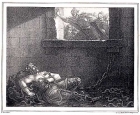
Here come the Vikings! Making a saga out of a crisis
ArticleClick to view -
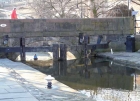
History in the Urban Environment
ArticleClick to view -
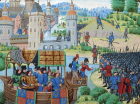
How can we teach about medieval Britain in primary schools?
ArticleClick to view -

In My View: Creativity & History
ArticleClick to view -
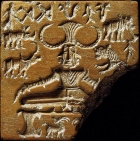
Investigating the Indus Valley (2600-1900 B.C.)
ArticleClick to view -

Investigating the ancient Olympic games: A Case Study
ArticleClick to view -

Learning Outside the Classroom
ArticleClick to view -

Learning to engage with documents through role play
ArticleClick to view -
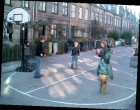
Learning what a place does and what we do for it
ArticleClick to view -

Local History and the 2012 Olympics
ArticleClick to view -
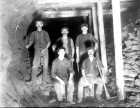
Local history and a sense of identity
ArticleClick to view -
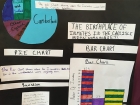
Making the most of a census
ArticleClick to view -
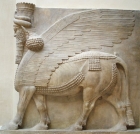
Mesopotamia: Making a picture of Mesopotamia in our heads
ArticleClick to view -
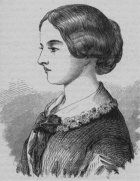
OFSTED, primary history and creativity
ArticleClick to view -

Place-names and the National Curriculum for History
ArticleClick to view -

Planning for 'Changes within Living Memory'
ArticleClick to view -

Political literacy: citizenship through the English national curriculum's the Romans in Britain study unit
ArticleClick to view

